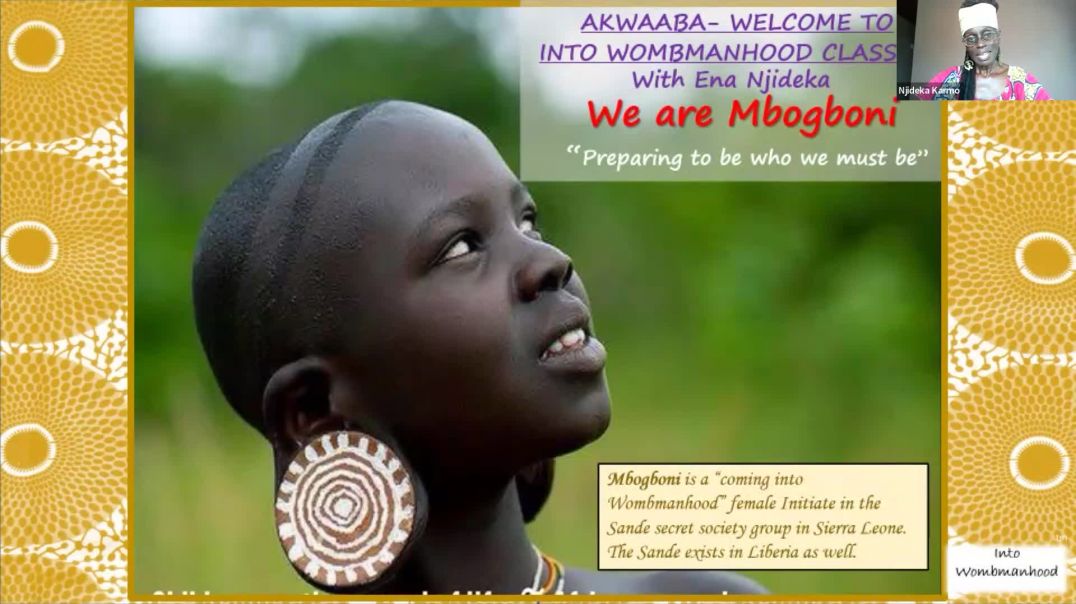Health
To purchase otr to get more information, please go to https://herbalresults.net/
i wanted to video blog my journey of my health self focus. I will share my daily feedback.
Kwadwo rocking and rolling
Emefa on leg day
Ama on the exercise bike
Kwaku hitting the weights
HAPI Talks with Queen Afua about the Power to Heal Yourself
Register for the HAPI newsletter by visiting www.HAPIFILM.com
If you haven't seen the award winning documentary HAPI -- please head to our website to pick up a copy or ticket to one of our LIVE SCREENINGS on our HAPI City Tour!!!!!!! HAPIFilm.com
Please visit www.hapifilm.com to get a copy of the Groundbreaking documentary film HAPI, the ONE AFRICA: Power in Unity conference and all the latest HAPI gear.
Don't forget to LIKE, SHARE & SUBSCRIBE to our channel so that we can continue to bring you excellent programming.
Cash app: $hapifilm
Puberty Rituals in the Motherland: Sande Mbogboni (Sierra Leone), Dipo (Ghana)
Talk Time with Kwesi Pratt Jnr.- Dr Paul Goss










